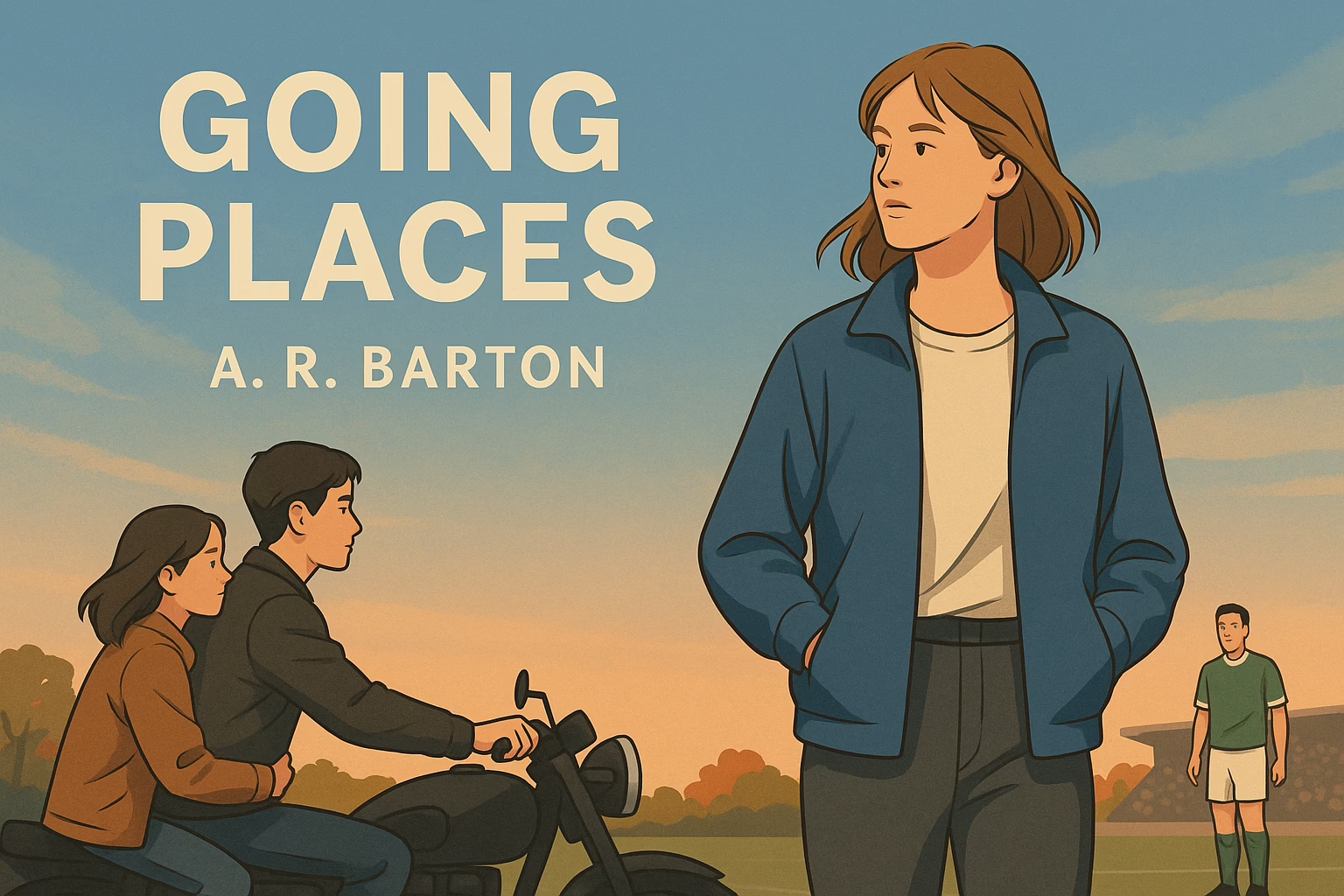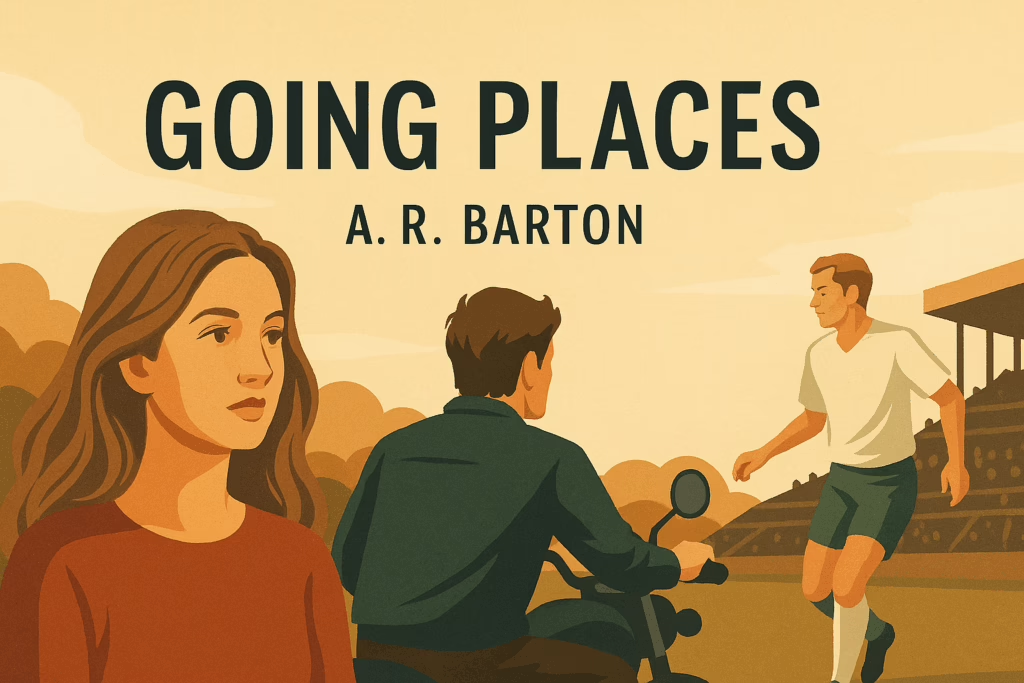A. R. Barton’s Going Places is a sensitive and insightful portrayal of adolescence, capturing the delicate line between youthful ambition and the harsh realities of life. Through the story of Sophie—a dream-filled teenager yearning for a glamorous world far beyond her modest surroundings—the chapter highlights themes of fantasy, hero worship, class limitations, emotional vulnerability, and the struggle to balance aspirations with truth. Sophie’s imagined encounter with football star Danny Casey reflects not only her longing for excitement but also the universal tendency of young people to escape into dreams when real life feels restrictive.
To support students in developing a deeper understanding of the chapter and to help them prepare effectively for CBSE Higher Secondary examinations, this article presents a comprehensive set of Additional Questions and Answers. These include short responses, long analytical answers, HOTS-based reasoning, extract-based interpretations, and value-based reflections. By engaging with these questions, learners will strengthen their conceptual clarity, enhance their writing skills, and gain meaningful insights into the emotional world portrayed in the story.
For summary along with textual questions and answers from this text, please go through the previous article.
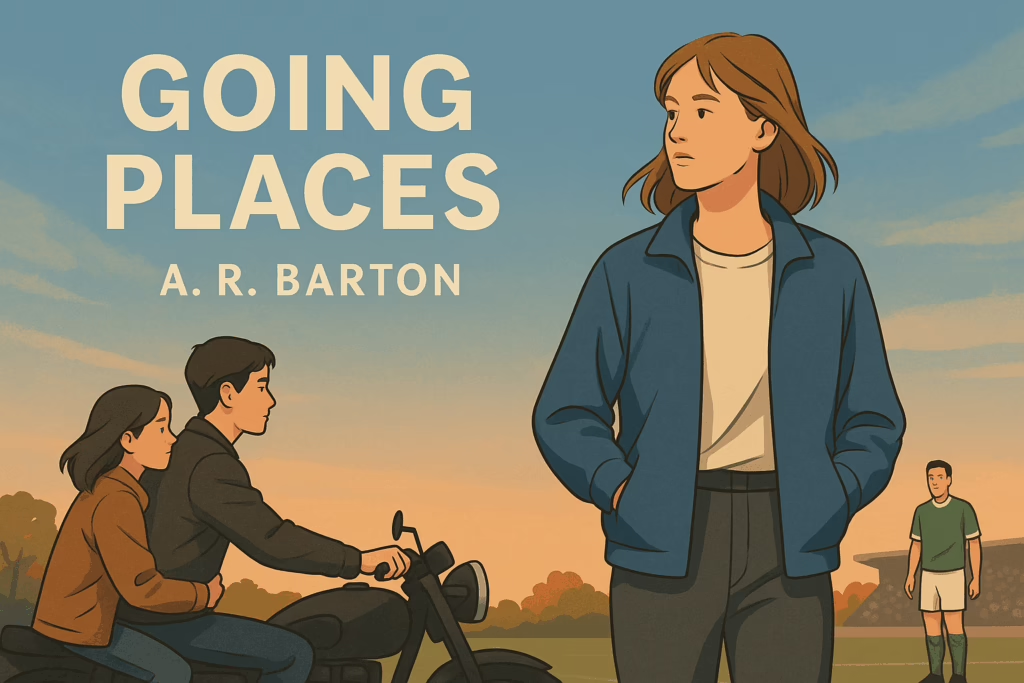
A. SHORT ANSWER QUESTIONS (2–3 marks)
1. Why does Sophie continuously imagine a glamorous life for herself?
Sophie imagines a glamorous future because she wants to escape the dullness, poverty, and restrictions of her working-class environment. Her fantasies give her emotional comfort and help her momentarily forget the harsh realities around her.
2. How does Sophie’s home environment shape her thoughts and behaviour?
Sophie’s cramped kitchen, her father’s rough behaviour, and her family’s financial problems make her feel trapped. This pushes her towards daydreaming, where she invents beautiful futures to compensate for her limited real-life opportunities.
3. What role does football play in Sophie’s family life?
Football is a major source of excitement and bonding in Sophie’s family. Her father and brother are passionate fans, and Danny Casey serves as a shared hero who brings them temporary joy and unity despite their hardships.
4. Why is Geoff so important to Sophie’s imagination?
Geoff represents freedom, adventure, and a world larger than Sophie’s own. His silence and maturity make him seem mysterious, and Sophie fills that mystery with her own hopes for a more glamorous life.
5. Why does Jansie worry about Sophie’s behaviour?
Jansie worries because she knows Sophie tends to create unrealistic fantasies that can only lead to disappointment. Being practical, Jansie fears that Sophie’s dreams will eventually hurt her emotionally.
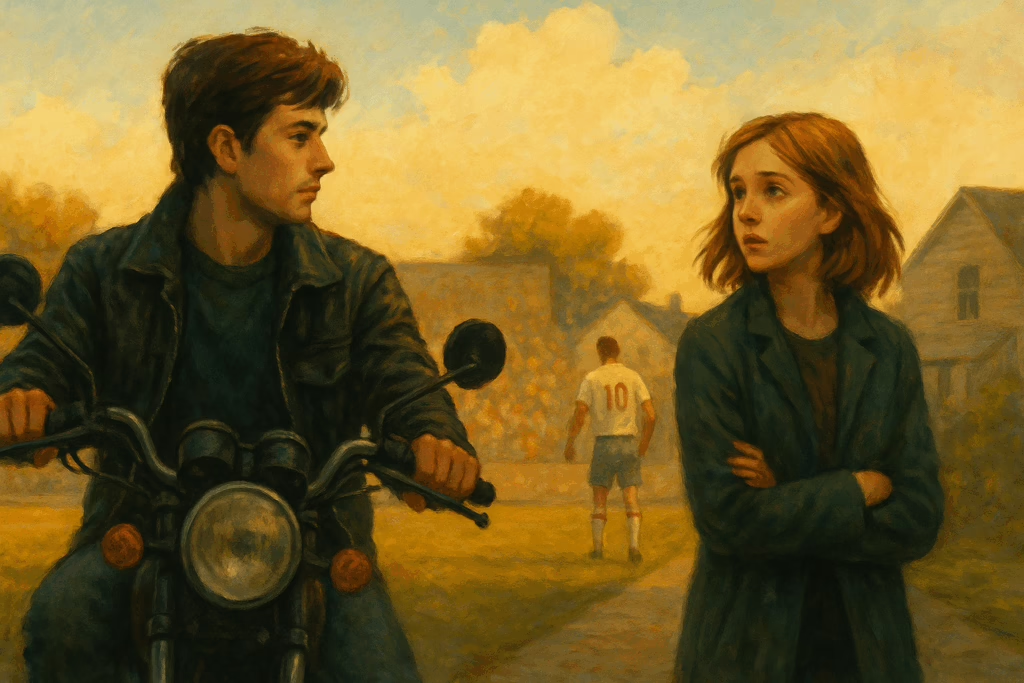
B. LONG ANSWER QUESTIONS (5–6 marks)
6. Discuss how Going Places explores the theme of adolescent fantasy and disillusionment.
Going Places portrays adolescence as a stage filled with hope, imagination, and emotional vulnerability. Sophie dreams of meeting Danny Casey, owning a boutique, and escaping factory life, but none of these dreams align with her social and economic reality. The story shows how teenagers often build imaginary worlds to cope with limitations, only to face disappointment when fantasy collides with truth. Sophie’s solitary wait for Danny Casey at the canal symbolises her painful return to reality and the emotional cost of unrealistic dreams.
7. How does A. R. Barton use contrast to develop the character of Sophie?
Barton contrasts Sophie with almost every character around her—Jansie’s realism, Geoff’s silence, her father’s rough honesty, and her mother’s tired resignation. While these characters accept their working-class life, Sophie resists it through constant fantasies. This contrast highlights her emotional restlessness and her inability to accept her circumstances, making her the embodiment of adolescent longing and denial.
8. Analyse Geoff’s character and explain why Sophie relies on him emotionally.
Geoff is quiet, thoughtful, and steady—qualities Sophie admires. She sees him as someone connected to experiences outside her limited world. Sophie confides in him because she hopes he will include her in the “other world” he glimpses through his motorcycle journeys and conversations. His calm presence offers her a sense of support, even though he doubts her stories. Geoff becomes both a confidant and a symbolic gateway to a life she yearns for.
9. In what ways does the story depict the gap between aspirations and reality?
The story emphasises that aspirations must be grounded in the limitations of one’s circumstances. While Sophie imagines a glamorous career and a romantic meeting with Danny Casey, her environment—factory work, financial struggles, and lack of opportunity—makes these dreams impossible. The author uses Sophie’s fantasies to highlight how social class and economic realities can restrict one’s ambitions.
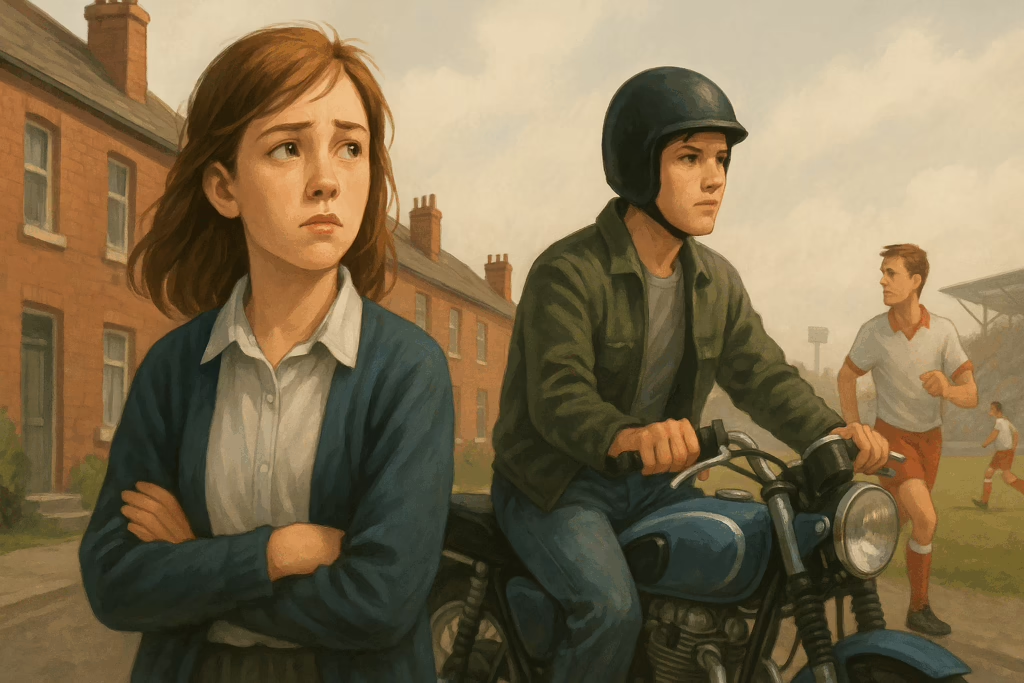
C. HOTS (Higher Order Thinking Skills)
10. What does Sophie’s belief in Danny Casey reflect about human tendency toward wishful thinking?
Her belief shows that when people crave emotional escape, they readily accept comforting illusions, even when they contradict logic. Sophie clings to the fantasy of meeting Casey because it satisfies her desire to feel special and valued.
11. How does the story comment on the dangers of unrealistic expectations?
The story suggests that unrealistic expectations can isolate a person emotionally, as seen when Sophie refuses to accept advice and later suffers disappointment alone. It highlights the emotional burden created when dreams are detached from possibility.
12. Why does Sophie keep returning to the canal even though she knows the meeting may not happen?
She returns because the fantasy brings her hope. Waiting for Casey allows her to hold on to the dream a little longer, even when her rational mind knows it is unlikely. It reflects her struggle between imagination and truth.
D. EXTRACT-BASED QUESTIONS
Extract:
“She saw Danny Casey again and again in her mind’s eye as she walked along.”
a) Why does Sophie see Danny Casey repeatedly in her imagination?
Because she desperately wants her fantasy to feel real and to escape the monotony of her life.
b) What does this reveal about her emotional state?
It shows that she is deeply engrossed in wishful thinking and is emotionally dependent on her dreams.
c) How does this relate to the story’s larger theme?
It reinforces the conflict between imagination and reality that drives the narrative.
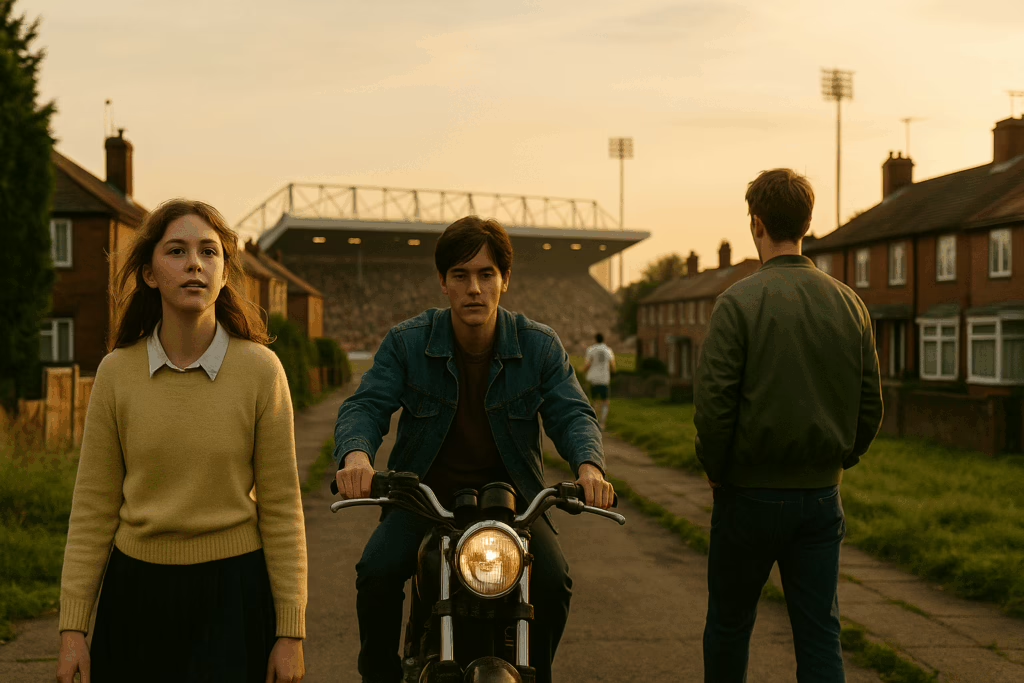
E. VALUE-BASED QUESTIONS
13. What values should teenagers learn from Sophie’s experience?
Teenagers should learn the importance of balancing dreams with realistic goals, understanding their circumstances, seeking guidance from trusted adults, and avoiding emotional dependence on fantasies that may lead to disappointment.
14. How does the story highlight the importance of honesty with oneself?
Sophie’s emotional pain results from her refusal to accept truth. The story shows that self-deception can create temporary comfort but long-term sorrow, making honesty essential for emotional maturity.
F. LONG DISCUSSION QUESTION
15. “Sophie lives more in her imagination than in the real world.” Discuss.
Sophie constantly constructs elaborate fantasies—meeting Danny Casey, owning a boutique, and exploring unknown worlds with Geoff. These dreams dominate her thoughts and decisions, making her disconnected from her family’s financial reality and from Jansie’s practicality. Her disappointment at the canal finally exposes how fragile her imagined world is. Through Sophie, the author demonstrates how excessive reliance on imagination can prevent individuals from confronting life realistically.

